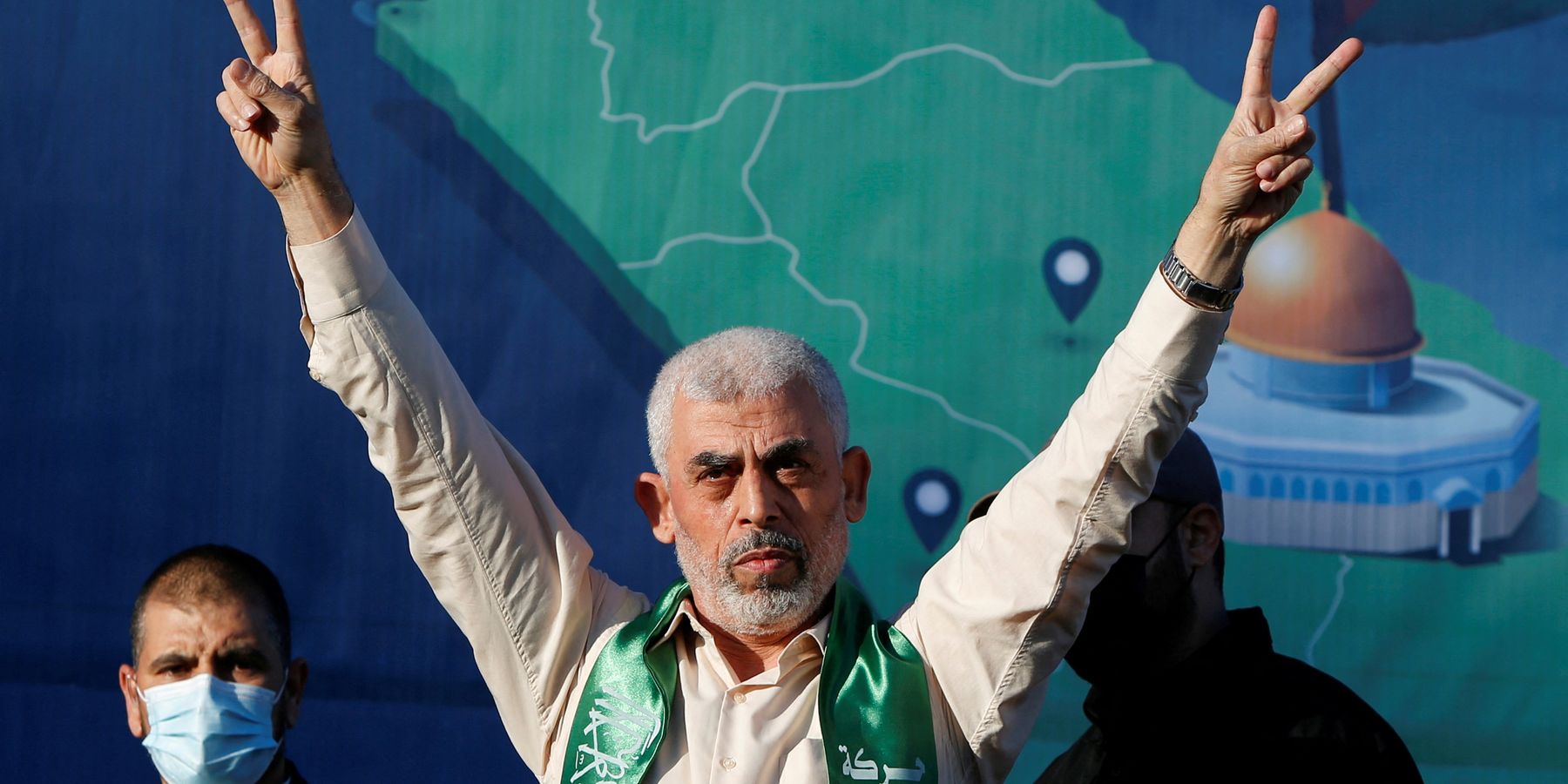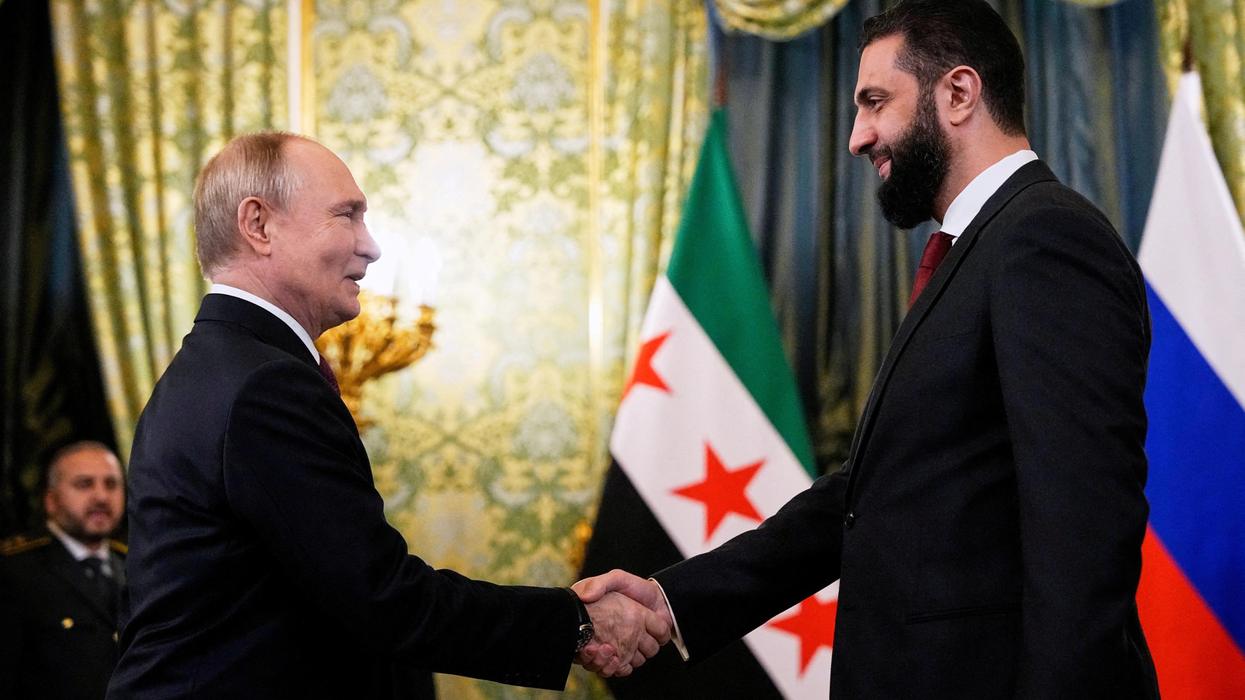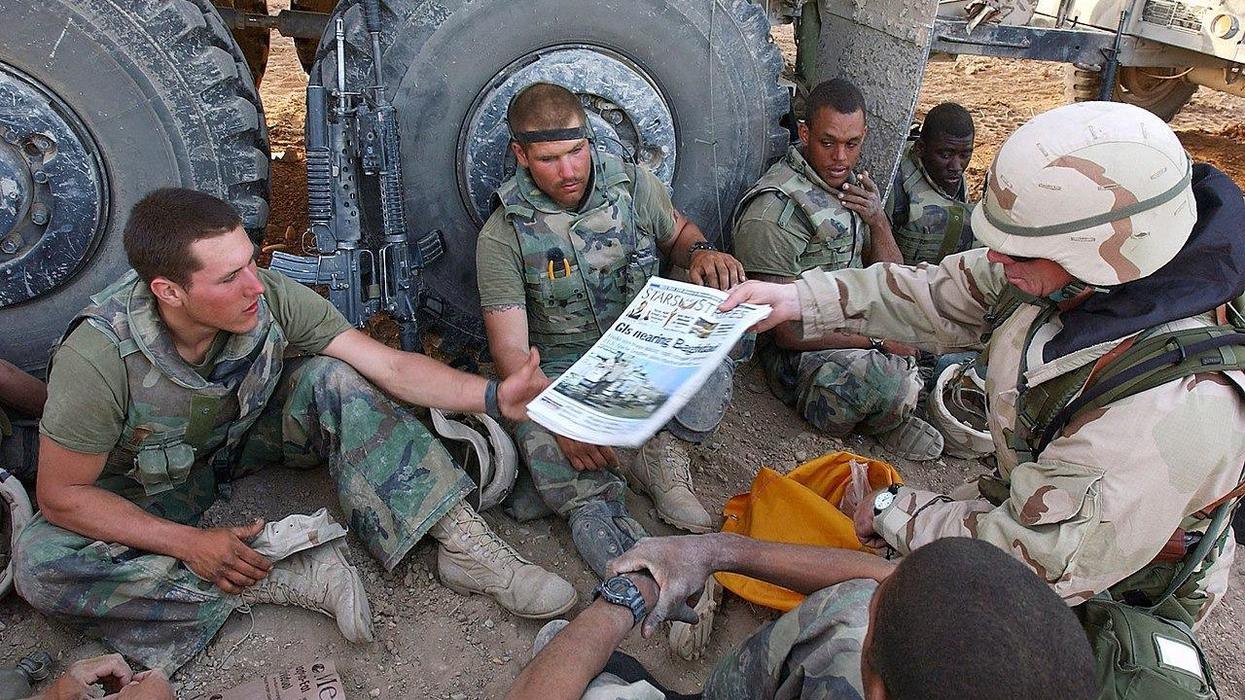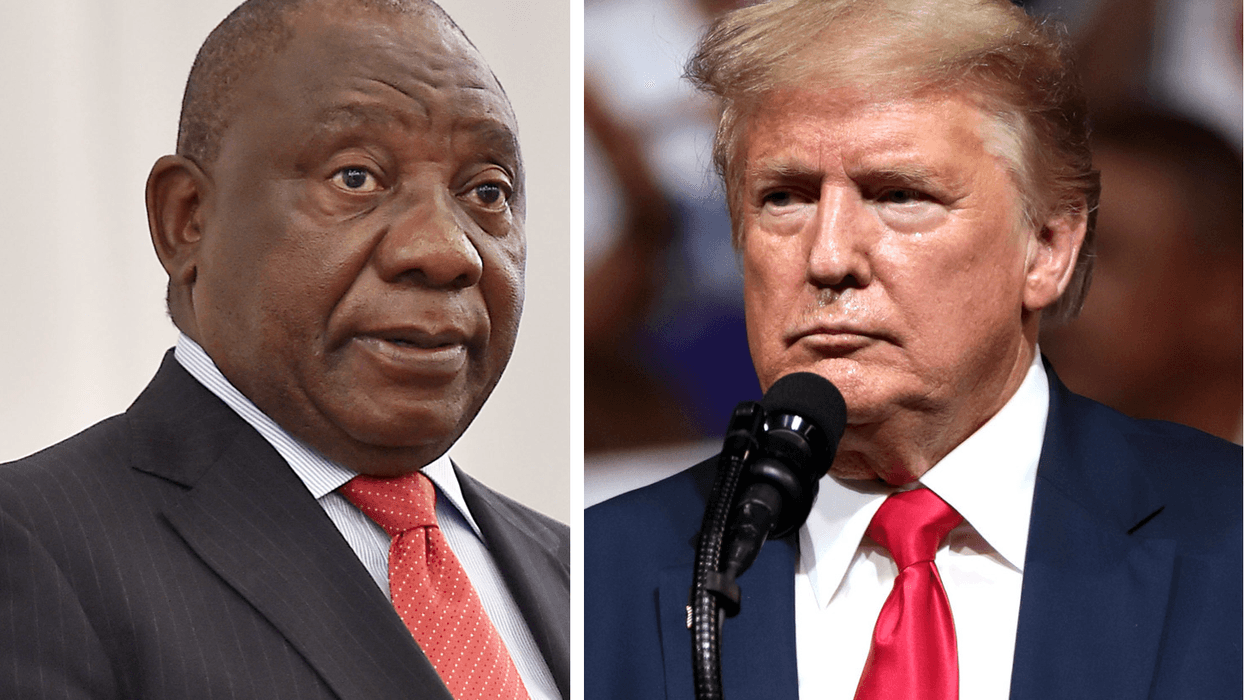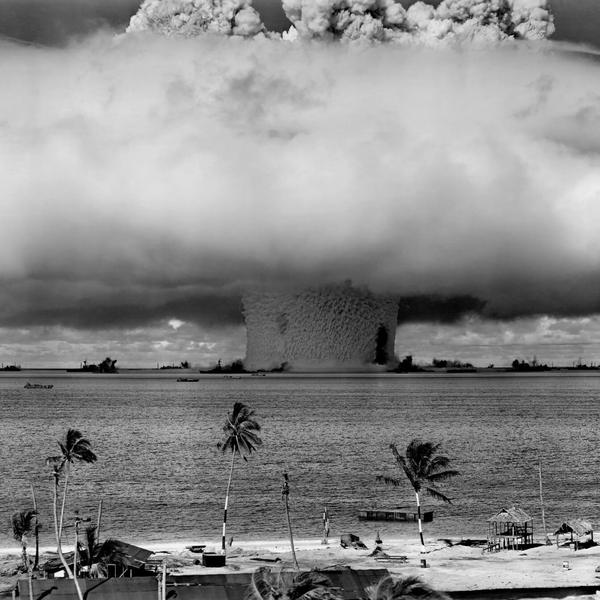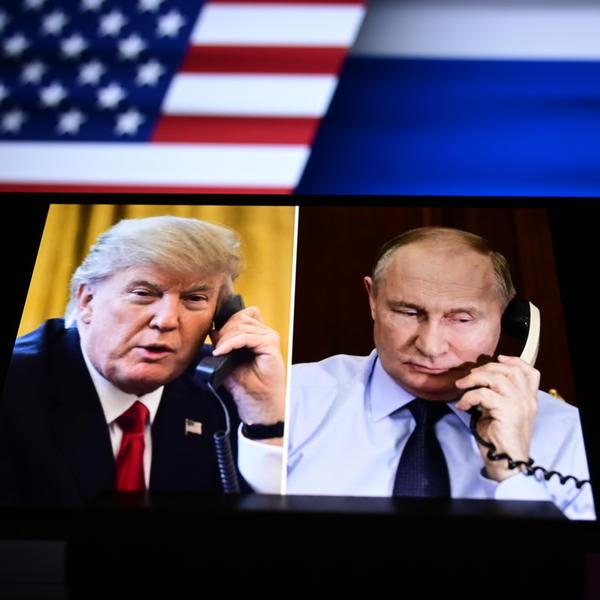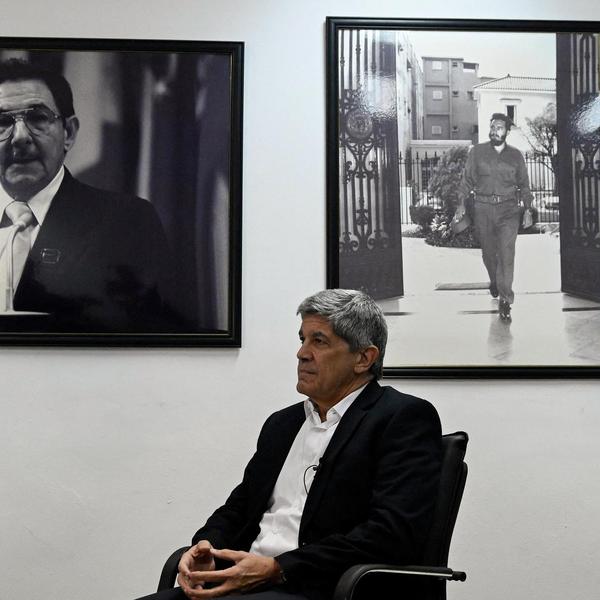While the entire Middle East remains in suspense over how the Iranian-led “axis of resistance” will respond to the July 31 assassination in Tehran, presumably by Israel, of Hamas Political Bureau Chairman Ismail Haniyeh, the group’s decision to make Yahya Sinwar its new chief raises questions about its future strategy.
Unlike Haniyeh, who was based in Qatar, and acted as Hamas’s chief representative abroad, Sinwar has been based in Gaza since his release from an Israeli prison in 2011 as part of a prisoner exchange. In Gaza, Sinwar, whom the U.S. designated a terrorist in 2015, served as Hamas’s politburo from 2013 until 2017, when he became the movement’s leader in Gaza. Sinwar is one of Hamas’s longtime military commanders. Israel regards him as the ultimate mastermind of Operation al-Aqsa Flood.
Given the very different circumstances in which Haniyeh and Sinwar have operated, it seems reasonable to ask whether the formal change of leadership will bring changes in the way it carries out its struggle against Israel, its engagement with other Palestinian factions, and its relations with foreign powers.
Hamas is not monolithic. Different figures in Hamas have approached issues in divergent ways, underscoring divisions within the organization which Haniyeh and Sinwar’s differences highlight.
Haniyeh was known more for moderation and pragmatism. Within Hamas, he was an influential voice advocating for diplomacy when needed with Israel and a willingness to compromise. On the other hand, Sinwar is considered a hardliner. As the new Hamas chief, he will probably prove less open to compromise with the Israelis.
Prior to Haniyeh’s assassination late last month, Sinwar had already had much say in Hamas’s negotiations with Israel. Yet, some experts assess that without Haniyeh to balance Sinwar’s hardline stances, Hamas will probably take increasingly maximalist positions in this war. On August 11, Reuters reported that Hamas “hinted it may stay out of the new round of talks”, which the U.S., Egypt, and Qatar have been attempting to facilitate. Perhaps this speaks to the hardened positions that Hamas will probably take with Sinwar as chief.
Khaled Elgindy, who directs the Palestine program at the Washington-based Middle East Institute, expects Sinwar to adopt a defiant stance: “At a minimum, we can expect Hamas decision-making to become more hardline,” he told RS.
“There is no doubt that a ceasefire will be harder to achieve … For Sinwar’s appointment is also an act of defiance designed to send a message to Israel that not only has Hamas not been defeated, but is prepared to fight on,” Elgindy added.
Hamas’s Commitment to Unity with Fatah
Whether Sinwar will approach critical unity talks with other Palestinian factions, most importantly between Hamas and Fatah, differently from his predecessor is uncertain.
Eight days before his assassination in the Iranian capital, Haniyeh signed a declaration of reconciliation in Beijing where Hamas, Fatah, and twelve other Palestinian groups agreed to “ending division and strengthening Palestinian unity.”
Some experts maintain that Sinwar’s elevation will not necessarily change Hamas’s calculus on reconciliation talks with Fatah and other Palestinian factions.
“The main obstacle to the success of such initiatives is neither Hamas nor Fatah, but with [Palestine Authority President] Mahmoud Abbas,” said Mouin Rabbani, a Palestinian political analyst and editor at Jadaliyya.com, a publication of the Arab Studies Institute, in an interview with RS. “As long as Abbas remains, the successful implementation of any initiative remains zero,” he added.
Yet, Elgindy believes that Sinwar’s replacement of Haniyeh “complicates the already dim prospects for national reconciliation going forward” because of the extent to which Sinwar has been “more skeptical of making concessions to Abbas and Fatah.” He also told RS that undermining the potential for Palestinian unity was likely one of Israel’s motivations for assassinating Haniyeh last month.
Foreign Support for Hamas
Over the years, there have also been disagreements among high-ranking Hamas figures about the group’s relationship with foreign powers. For example, when the Arab Spring uprising erupted in Syria in 2011, Hamas leaders failed to reach a consensus on how to approach President Bashar al-Assad’s government.
Some within Hamas saw Damascus as an important sponsor and believed that maintaining a positive relationship with the Syrian regime was necessary while others believed that supporting the Muslim Brotherhood-linked elements in the anti-Ba’athist uprising was both a strategic and moral imperative. This is important to note, given that Hamas spawned from the Muslim Brotherhood before officially forming in Gaza during the first Intifada in 1987.
Whereas Sinwar has long advocated maintaining Hamas’s relationships with Iran, Syria, and Lebanon’s Hezbollah, Doha-based Khaled Meshaal, who served as Haniyeh’s predecessor from 1996 to 2017, believed in distancing the Palestinian group from the Iranian-led “axis of resistance” and moving Hamas closer to Turkey, Qatar, and, to some extent, Saudi Arabia.
Ten months into Israel’s war on Gaza, Sinwar will be a voice in favor of building good relations between Hamas and practically any government or organization in the world that is willing to assist the Palestinian group in one way or another. Put simply, Sinwar believes that decisions about Hamas’s foreign relationships must be based on practical considerations and interests, not ideological factors.
Unlike Haniyeh, of course, Sinwar will be unable to travel outside Gaza, at least so long as Israel’s current war on the enclave continues. By all accounts, Sinwar has been Israel’s top target for assassination and has been mainly confined to tunnels deep underground since October 7, although Haniyeh and other Hamas officials outside Gaza have apparently been able to communicate with him.
“Since Sinwar is bunkered somewhere inside Gaza, his elevation is not going to significantly alter the way other countries deal with Hamas, who will continue to deal with the Hamas leadership outside like Meshaal, [Khalil] Al-Hayya, [Mousa] Abu-Marzouq, etc.,” Elgindy told RS.
Given that Israel carried out this assassination in Iran, and would be far less likely to do so in Qatar or Turkey, it is probably true that it will be harder to imagine Hamas agreeing to relocate its political leadership outside of Qatar. “With its formal leader now in Gaza, Hamas will be less responsive to potential threats, constantly urged on Doha by the U.S. and Israel, to threaten Hamas leaders based in Qatar with expulsion,” offered Rabbani.
Ultimately, by assassinating Haniyeh, Israel decided to eliminate a moderate figure in Hamas and will now be fighting its war against Hamas with a military commander who is less compromising. Hamas’s new leadership will likely make armed resistance its top priority and see it as the only realistic path toward liberation as the group’s political and military wings become increasingly blurred.
For Israel, such a change is useful in terms of trying to sell its narrative that Hamas is the main reason why there is no peace in Gaza. This message may sit well with most lawmakers and much of the foreign policy establishment in Washington. But in terms of bringing about an end to the gruesome warfare in the enclave, probably nothing positive will come from Sinwar’s ascension.

